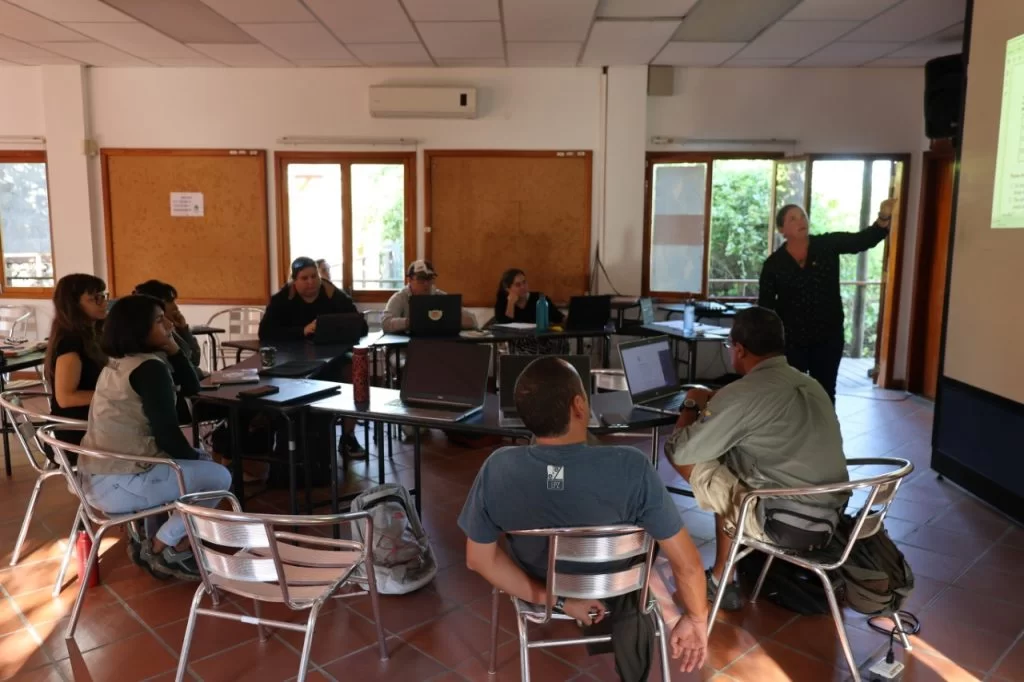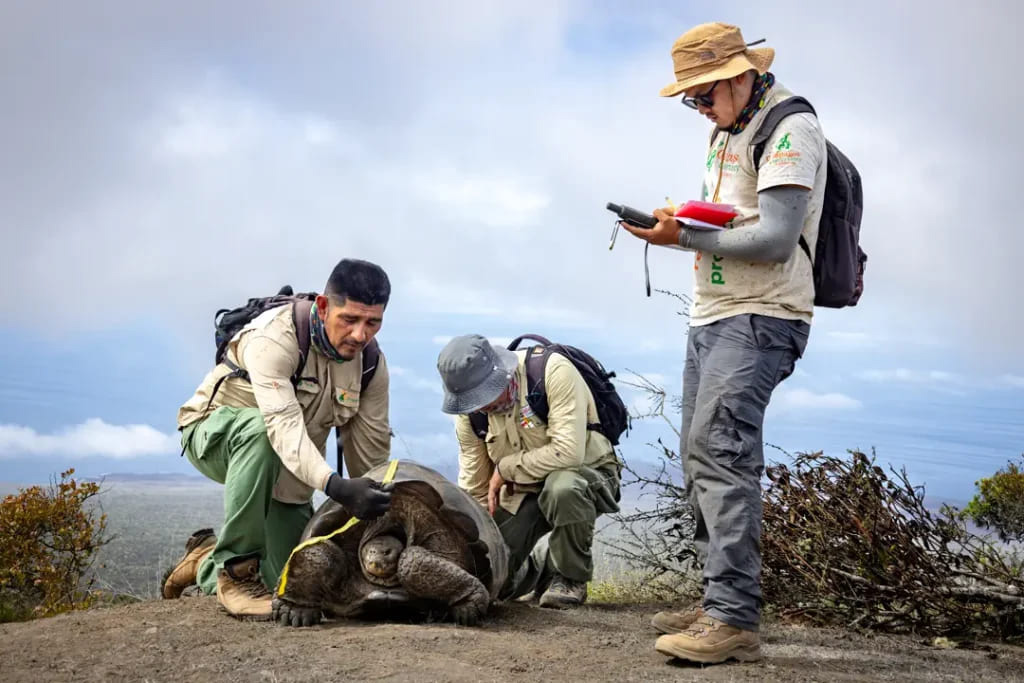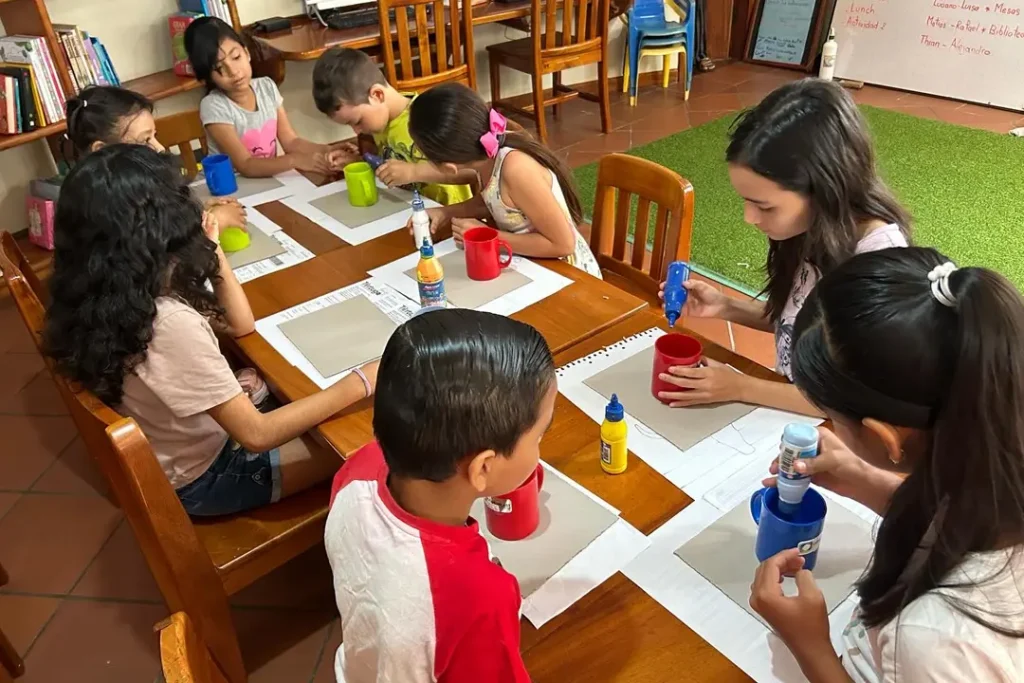The workshop was held in September’s third week. Experts carefully assessed each species’ status from “least concern to extinct”, including those species that are commercially exploited and have become difficult or rare to find.
Eduardo Espinoza is a specialist in marine resources at Galapagos National Park. He says that some species of the IUCN-evaluated species are related to artisanal fishing in Galapagos. The Environmental Authority will implement management measures to ensure sustainable and conservation of these resources. “We examined species that hadn’t been seen for decades. Espinoza said that there will be more research, monitoring and searches to find out if they are extinct in GMR.
Neil Cox, Director, IUCN Global Species Program stated that the IUCN Red List of Galapagos endemic fishes will be updated in the next year based upon the workshops. Cox stated that after the workshop, there will be a lengthy review of all data and ensuring that the evaluation protocol was followed in order to confirm the consensus decisions reached at the workshop.
James Gibbs is the Vice President of Science at Galapagos Conservancy. He stated that this information will help to guide decision-making and support conservation and sustainable use.
Many species, including the Galapagos-based bacalao cod, were identified as being at risk from overfishing. Experts also identified fish species that were not well-known and do not have sufficient data to determine their current status. Their conservation status will require further research and observation.
The hope was that the Galapagos Damselfish would be rediscovered, as it has not been seen since 1980s. Galapagos Conservancy has begun funding intensive research to find the Damselfish because workshop participants rated it as potentially extinct and critically endangered.



